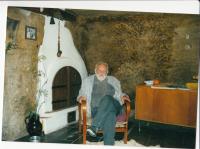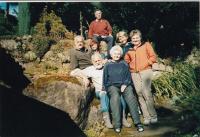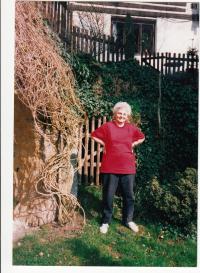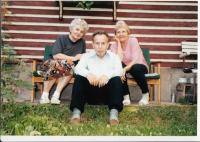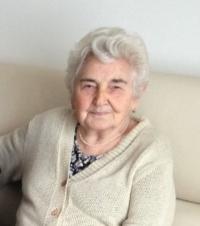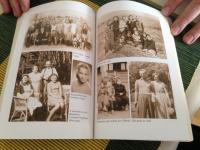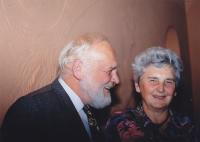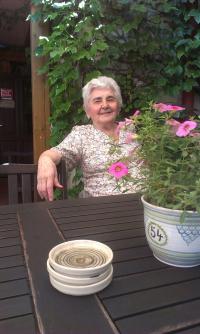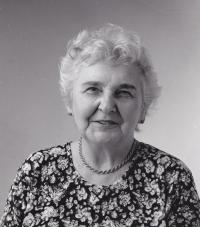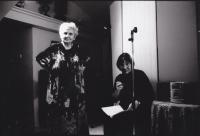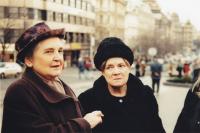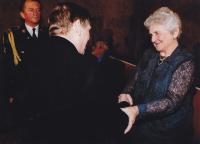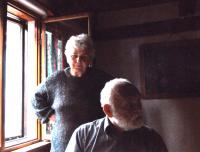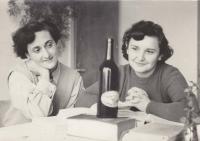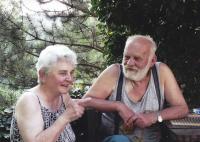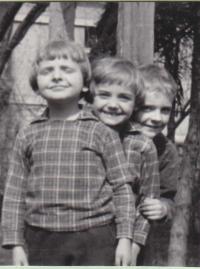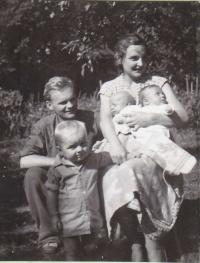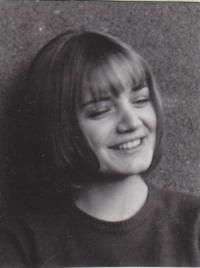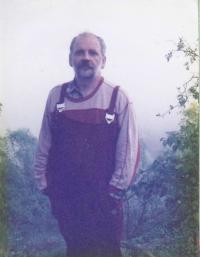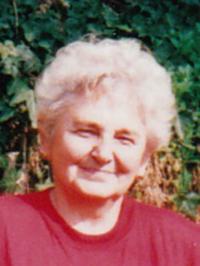One should not be indifferent to what is happening in the public space

Download image
PhDr. Libuše Šilhánová, née Beranová, was born April 10, 1929 in Vrdy near Čáslav in a family of a doctor and nurse. In 1933 the family moved to Žehušice and from 1946 they lived in Chomutov where Libuše completed grammar school in 1948. After graduation she moved to Prague to study at the university, at first at the Pedagogical Faculty and later she studied philosophy, history and sociology at the Faculty of Arts. In 1951 she met her husband Věněk Šilhán (1927-2009). Their children - a son (1952) and twin daughters (1953) - were born while they were still students and Libuše thus had to handle her studies and care of three children. In 1957 while her husband was on a study stay in Leningrad and he was only coming to visit the family for short periods of time she began working as a teacher in Poděbrady. After her husband’s return the family returned to Prague where Libuše worked as a teacher and in 1960 she became employed in the Institute of Sociology of the Academy of Sciences. Věněk Šilhán was contributing to the preparation of the Czechoslovak economic reform in the 1960s. After the Soviet occupation in 1968 the so-called Vysočany Congress of the Communist Party of Czechoslovakia elected him the deputy to Alexander Dubček. Both Libuše and Věněk lost their jobs during the subsequent normalization period and the political purges. Věněk Šilhán had to quit his work at the University of Economics, Libuše left the Institute of Sociology and they were earning their living by doing manual work. Due to health reasons she was allowed to start working for prof. Matějček two years later and she took part in research on so-called unwanted children. Libuše and Věněk Šilhán have been participating in protests against the communist regime since 1969. In 1977 they took part in drafting the declaration of Charter 77 which they both signed. Between January 1987 and January 1988 Libuše accepted the role of the spokesperson for Charter 77, together with Jan Litomiský and Josef Vohryzek. In 1988 she actively took part in establishing the Czech Helsinki Committee. During the 1970s and 1980s the family lived under police surveillance, experiencing house searches and sometimes even imprisonment. Libuše Šilhánová participated actively in the events of November 1989 and after the fall of the Communist regime she continued with her work for the Czechoslovak (later Czech) Helsinki Committee and in 2007-2008 she served as its chairwoman. In 1999-2009 she was the editor of the magazine Human Rights (Lidská Práva). The publishing house Portál published her autobiographic book Reflections on the Life (Ohlédnutí za životem) in 2005. Libuše Šilhánová passed away on October the 10th, 2016.
